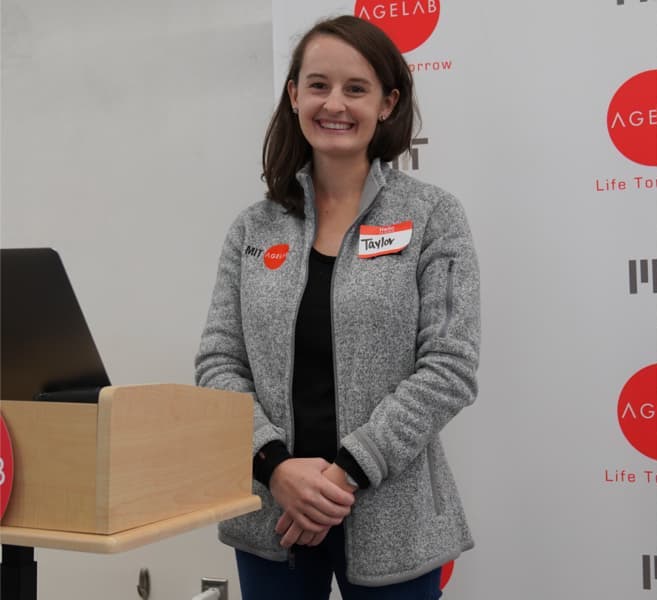Cameron Owens: overcoming imposter syndrome and improving the sim room
What is imposter syndrome? Before attending my first meeting at the AgeLab, I had no idea what it was. My name is Cameron Hatcher-Owens and I am a senior mechanical engineering major at the University of South Alabama in Mobile, Alabama. Because of the distance from home, the status of the institution, and not knowing what to expect, I can honestly say that imposter syndrome was eating me alive in the few weeks before moving to Cambridge for the summer. I was intimidated by the journey that was to come, but I can honestly say that the welcoming nature of everyone at the AgeLab eased my worries as soon as I started my first day. After meeting everyone and experiencing the great energy around the lab, I realized how great an experience this was going to be.
This summer I worked alongside the Advanced Vehicle Technology (AVT) team. AVT’s research aims for an understanding of how drivers interact with self-driving and driver assistance technologies in vehicles. The overall goal of my summer was to improve the enclosure that houses devices to collect and store data from their research. The problems with the old enclosure design were components inside of the enclosure becoming unplugged, the wires and chords making the inside of the enclosure cluttered, and the top and bottom lids being unreliable. Through analytical thinking, assembly of the panel of components stored in the enclosure, and 3D designing and printing, I was able to come up with solutions for each problem. The solution for the wires and chords was to be more precise with the lengths that wires were being cut and shortening hords by cutting and soldering them back together. The solution for preventing components from being unplugged and the top and bottom lids being unreliable was redesigning the enclosure using 3D CAD design software.
I also completed some small side projects during my time here. One of the first things I completed was installing a new heating bed and hot end for the 3D printer to help expand printing capabilities. To grow my 3D designing skills even more, I completed a course for Fusion 360. I also assisted in the trial-and-error process of trying to print different objects in different filaments that have better properties than those already used. This led to changing the filament used to print a few different components used for research. To make the process of installing equipment for collecting data easier, I also added drill holes to the design of some components.
After spending a summer here, I want to thank everyone here at the AgeLab for the opportunity. The experience and new knowledge have helped me grow more as an engineer and as a person. I really enjoyed the coffee chats we had every week because it gave us interns an insight into how everyone who works here got here. I also enjoyed experiencing taking trips together; I believe it brings everyone closer and can make working together even better. Overall, my experience here at the AgeLab was amazing, and I know everything learned and experienced will benefit me for the future to come.
